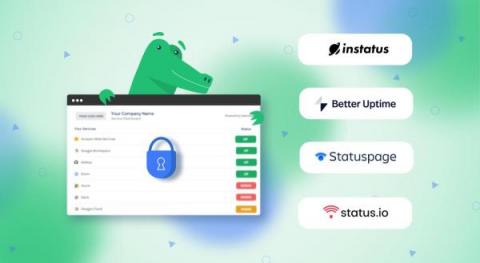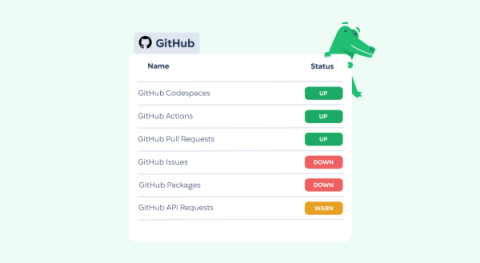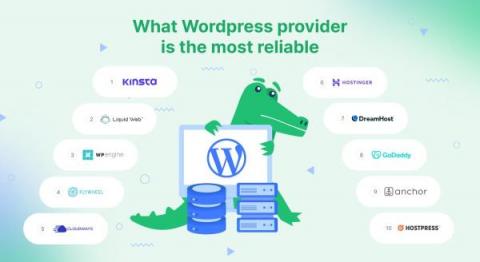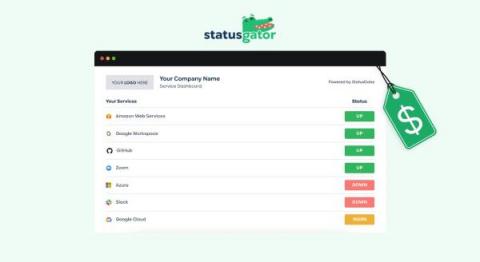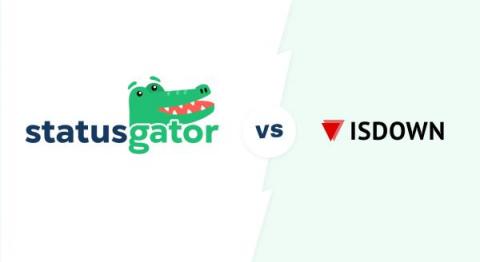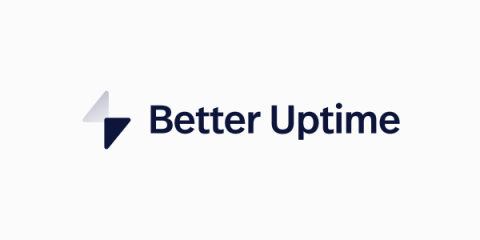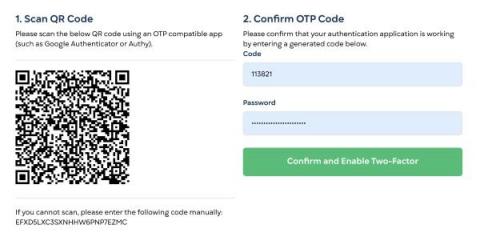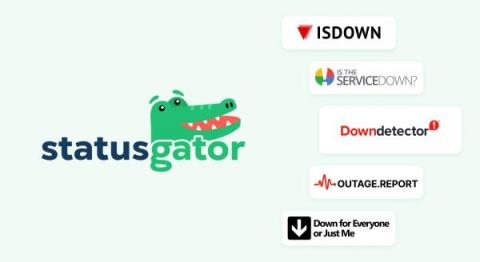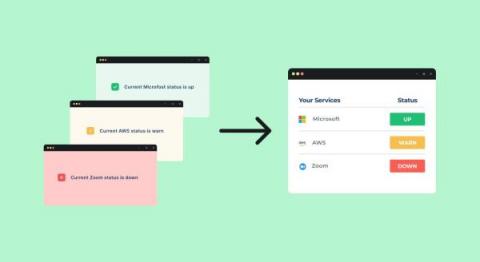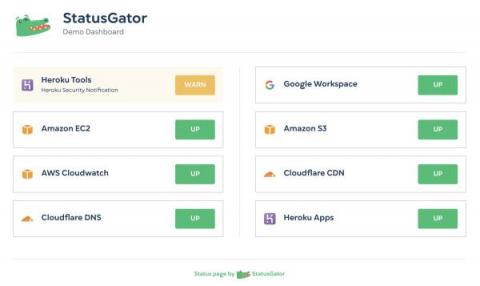Private Status Page 101. Best Tools, Providers, and Cost
A private status page is a website or communication platform that provides status updates and notifications to a specific group of people rather than the general public. Private status pages are often used by companies to keep their employees, users, or partners informed about the status of their products, services, infrastructure, vendors, and providers.


